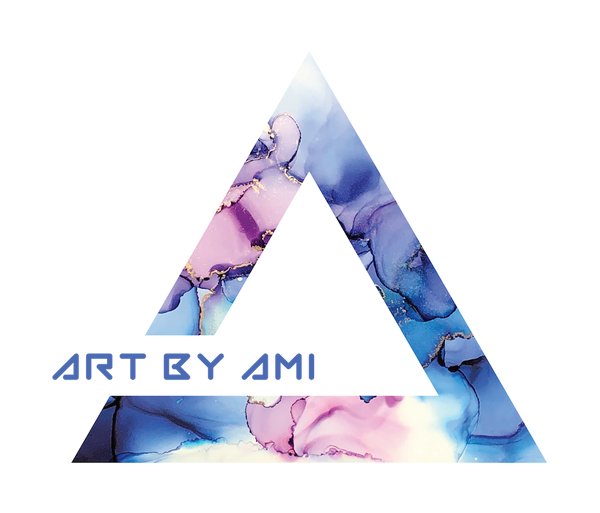Don't you know at least ONE person from your close circle - friends or family who learnt something new or indulged in that long-overdue hobby recently?! Be it general skills like baking, art or career-specific skills.
In art, I often come across people asking me, do workshops really help or are they even necessary to learn a skill?
While there's no one word answer to it, I'll try my best to articulate an answer that should help you decide on your learning choices.
'Workshop (noun) - A brief intensive course of education for a small group emphasizing interaction and practical problem solving.'

In today's digital world, where information is spread across the Internet, it would be unwise to think that a specific skill cannot be self-learnt. However, let's pause for a moment and re-run the last line.
Basically, the concept of self-taught is collapsing into "Inspired Learning". Today, to learn anything new, we don't rely on a single-point source anymore. It's a concoction of our efforts, few Google keywords, some YouTube videos, an Instagram reel and maybe a mentor\teacher.
So why did workshops become popular?
The content freely available on the Internet is great to solve those riddling problems when trying to learn something new. However, if you are an absolute beginner, it can be a lot of effort to find the right content, arranged chronologically, to help you learn the skill in a systematic manner. Also a fact - no content is free, it is either backed by advertisements or brand promotions, which can get distracting.
Workshops are meant to provide the desired information in a short span of time with interactive problem solving options. If the content, tutor and the required prerequisites are set appropriately, workshops are designed to reduce the overall learning time and make the learning process economical.
"Economical how? Workshops, in fact, are paid sessions most often!" you may wonder.
When you are new to a skill, you end up spending much more time, effort and money to acquire it. Let's take an example of learning to play a guitar - when you are new to it, you may end up investing in equipment that you may find doesn't suit your style or comfort levels.
Similarly , a sportsman with his suited equipment may still need an expert coach to develop necessary skills in short span of time to qualify for a tournament. Failing to get good guidance would just mean a loss of opportunity for the sportsman which will cost him another whole year for the medal he aspired to get.

The tricky part is choosing the most appropriate workshop that meets your expectations or exceeds it. Back in time, it was all about referrals, direct acquaintances or well-known institutions who we relied upon for those workshops or courses.
But now, you'll find a zillion options published or promoted over print and digital media. That just makes it even more difficult to decide with the range of varied content, pricing and format of the workshops or courses available.
So, in summary, workshops are great to provide that kick-start to add a new skill-set but selecting the right one requires in-depth analysis around various aspects.
Being a tutor and a student all at once over these years, I've gathered some useful inputs to help you make that choice for a workshop or course that best suits your needs. I'll soon pen down my next blog that covers these details.


